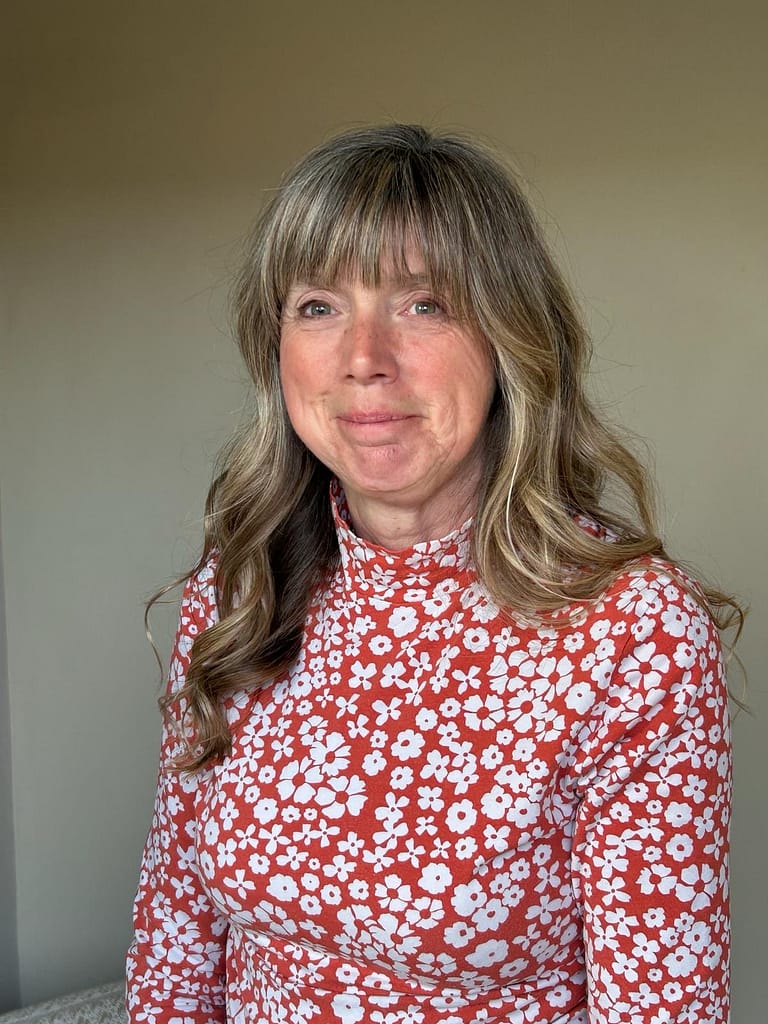Are you recently bereaved or struggling to come to terms with a life changing illness?
Are you a fellow professional looking for supervision or mentoring support?

Ways to work with me:
- Therapy for bereavement or recovering from a life changing illness and trying to get your life back on track.
- Supervision for professionals who help others who are qualified or in training,
- Mentoring newly qualified therapists as they navigate setting up in Private Practice.
I am an experienced professional with a passion to help others. I have worked as a therapist 15 years and more recently a supervisor. I work face to face and online.
We can work together at your pace as you recover or undergo treatment for a life changing illness.
Trying to find your way following the loss of a family member or close friend takes time and courage. Together we can work at your pace as your attempt to understand the effect of your loss and consider working towards the future.
I am passionate to support trainee counsellors and therapists as they select and begin placements together, we can consider which placement is the best fit for you and your study requirements.
Are you considering the next steps in your career post qualification? I can work with you as a mentor to guide you towards setting up your private practice.
Therapy:
From £45 per session
Supervision/Mentoring:
From £50 per hour -Student rates considered for weekly/fortnightly appointments.
Private Practice Mentoring
Have you finished your studies and now qualified as a Counsellor or Psychotherapist and considering your next career steps?
If you decide to set up in Private Practice, I would like to offer my experience and knowledge to help you advance your career and achieve your goals.
I have been qualified as a Counsellor since 2012 and working in Private Practice since October 2020. During my career it has always been very important to me to have a good supporting network around me as my career progressed. This was especially necessary during the time I was considering and then took steps to set up my Private Practice.
I hope that some of the experiences that I have had will help you to navigate the next steps of your career.
I am offering a one-year package, or longer if we choose to continue, in which I will share my knowledge to help you through the process of setting up and growing your own Private Practice.
The package includes the following:
Monthly 1-hour sessions with information and resources to help you set up and grow your Practice.
Our session may include:
- Choosing the right space for your Practice – whether it be home or office based.
- Legal and Ethical requirements – including the recording of Supervision and CPD sessions.
- How to advertise and get yourself known – support with directory profiles and entries.
- Setting up of client documentation, including contracts.
- Managing your diary and client appointments to fit with other personal commitments.
- How to take and record your client notes.
- Setting up of your finance records and how to record your monthly income and
expenditure and what record keeping is required.
- Invoicing and dealing with non-payment of sessions fees.
- Measuring your progress and seeking evaluation.
- Self-care and peer support.
- Review of progress – One year on – Where are you now? What are the next steps you would like to consider.
Our sessions can be either online or face to face, whatever works best for you.
The fee for each session is £45.00. (Introductory Price)
Call me on 0776 0840009 to book an appointment for FREE 30minnute introductory chat or email me on paulafowle63@gmail.com .
Contact:
paulafowle63@gmail.com
0776 0840009
www.counselling-directory.org.uk/counsellors/paula-fowle